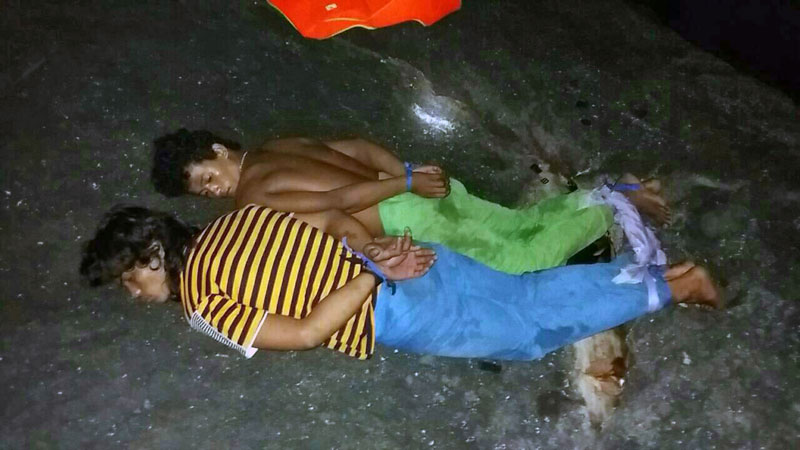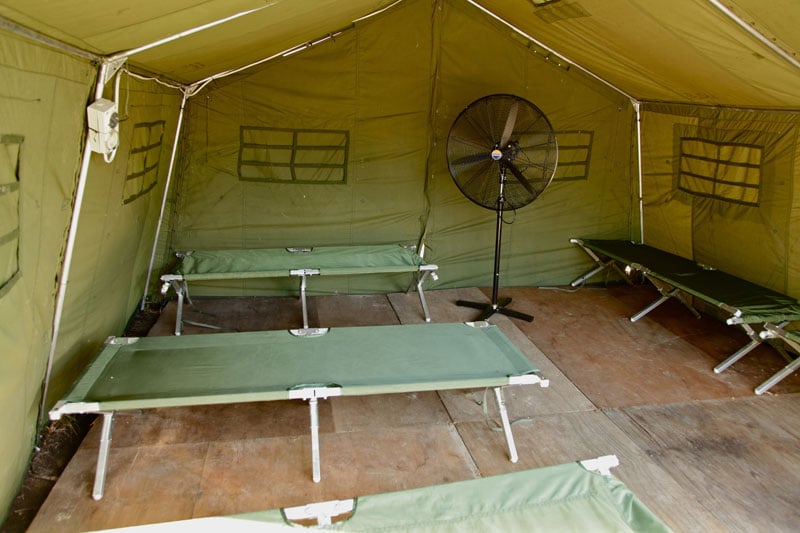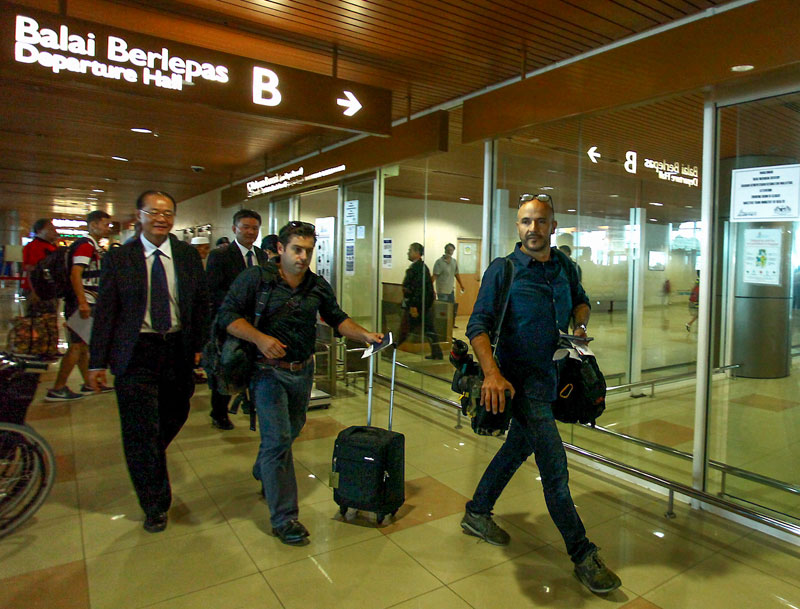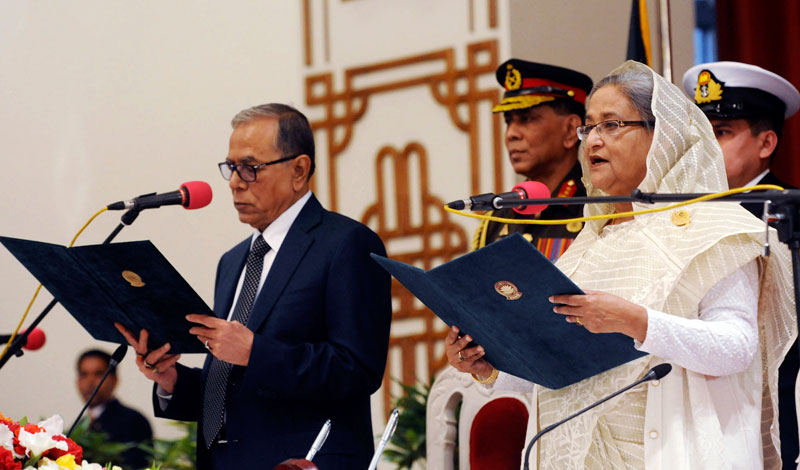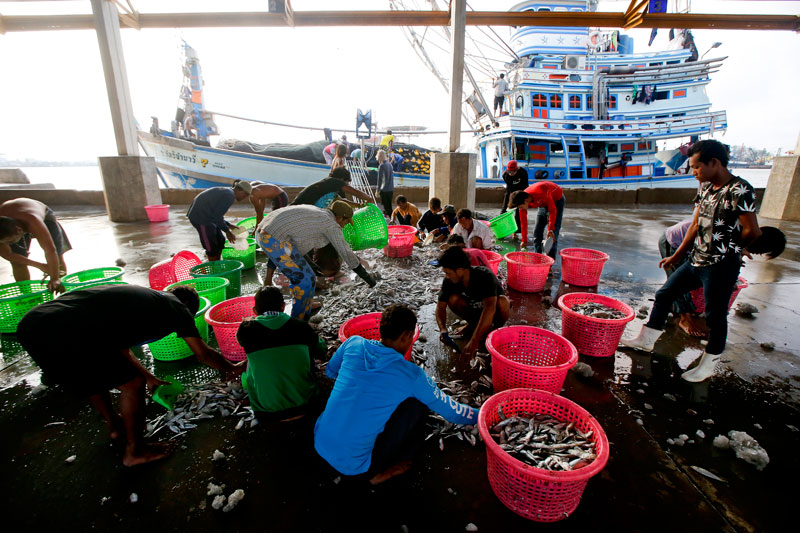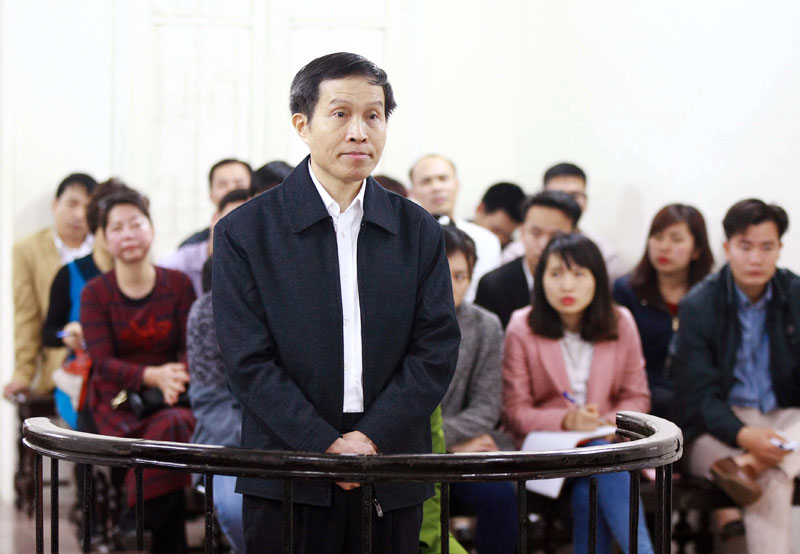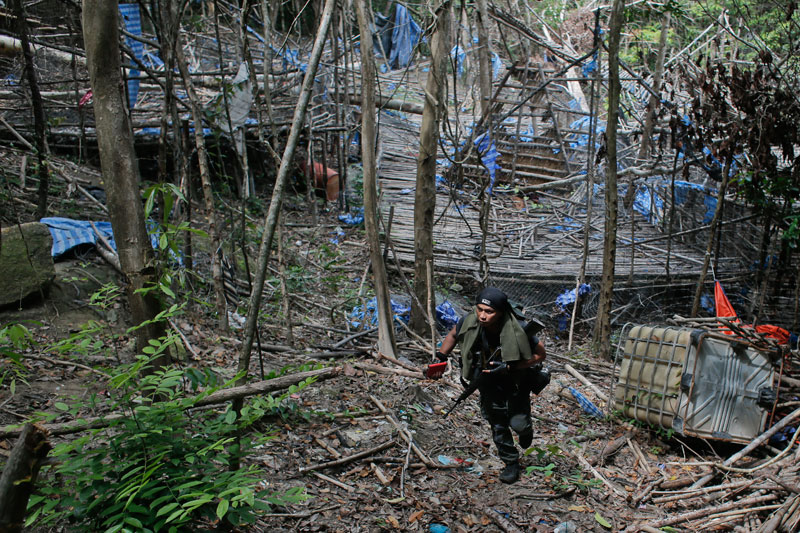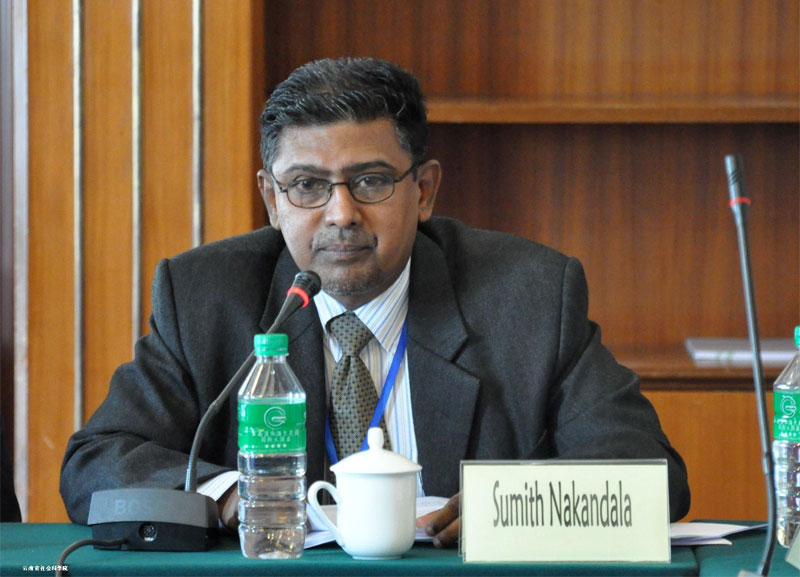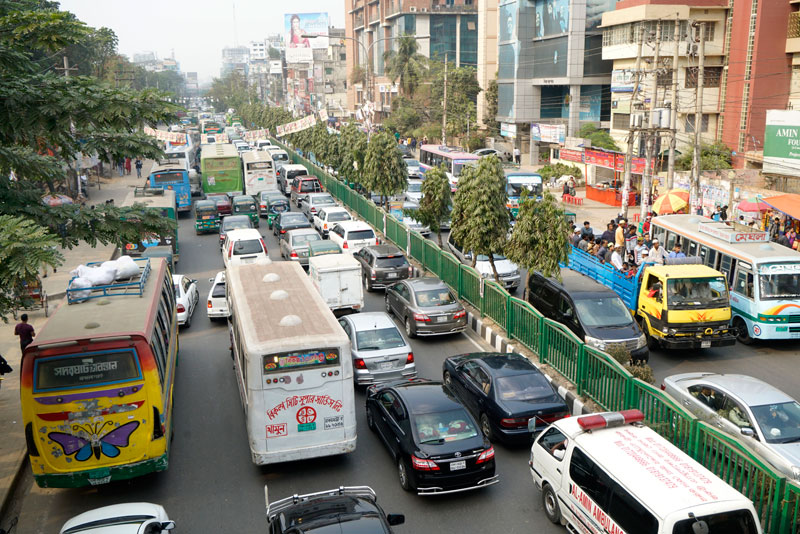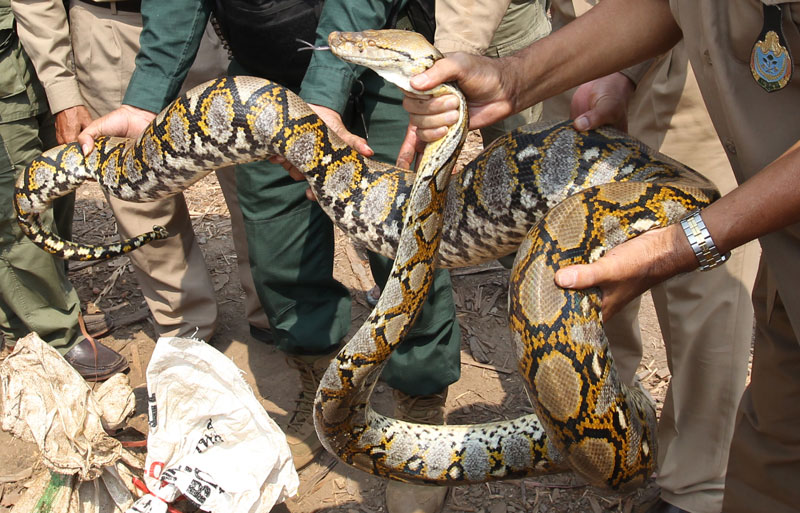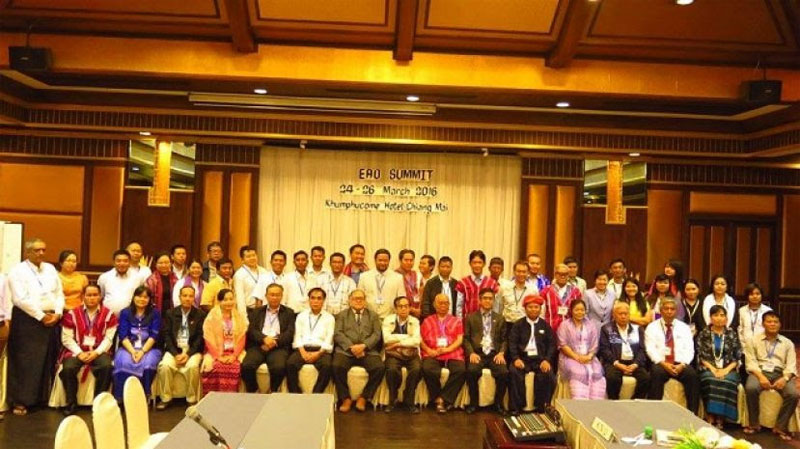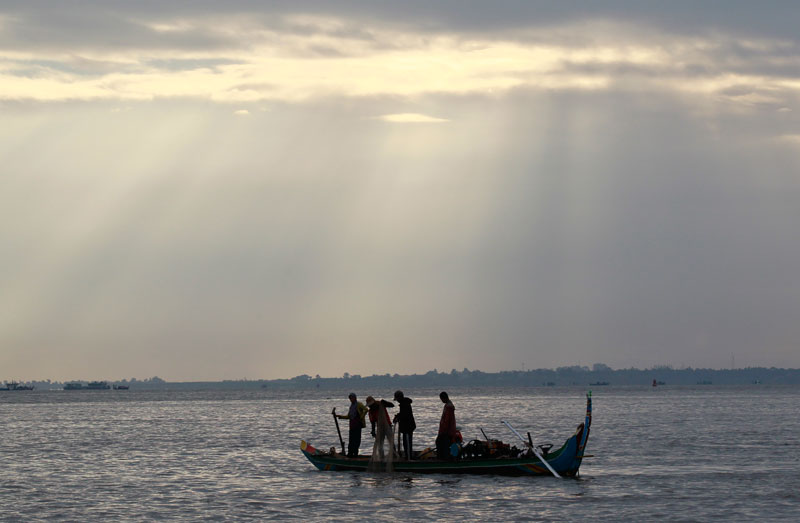'Welcome to the Guesthouse. The small space is made to set you free from anxiety. But first you need to leave your old perceptions behind. You need to open your mind for new memories," says Kyaw Luck, a guide for the exhibition "Myanmar Up-Close", which opened last week at Museum Siam.
With yellowish tanaka powder on her face, YweWahOo is another guide who takes visitors around the exhibition. Both of them appear shy at first, but turn chatty when they share stories of their lives, or explain how trivial and mundane objects such as football shirts, social security cards or even a bottle of chicken or bird nest's soup displayed at the exhibition are relevant to their daily lives.
"Myanmar Up-Close" focuses on the life of Myanmar workers in Thailand. Kyaw Luck and YweWahOo, our two 19-year-old guides, are one among a million registered workers in the Kingdom.
Like many other migrant workers, both came to Thailand when they were young children, instead of being in school. Kyaw Luck left his village in Tiki when he was 12 and YweWahOo walked from her community in Dawei to Ranong province in Thailand when she was 14.
Kyaw Luck and YweWahOo have worked at a number of menial, back-breaking jobs in farms, factories and food shops. Kyaw Luck now tends a rubber tree plantation in Rayong province, while WahOo works in a restaurant in OrmNoi district in Nakhon Pathom province.
Like many other Myanmar migrants, they send 75% of their monthly income back home. Similar to others, they dream big -- returning home with a fat wallet and a thick gold chain around their necks. YweWahOo's dream is much bigger than her small frame. "I dream to open my own food shop, selling chicken and pork with sticky rice in my hometown in Dawei."
Objects on display might not be of any historical value but are meant to put a face to the 'faceless workforce' in Thailand.
With charming innocence and heartfelt stories to share, needless to say, Kyaw Luck and YweWahOo have become the stars of the exhibition, which aims to bring the reality and not the stereotype of Myanmar closer to Thai perception.
"There are good responses about Kyaw Luck and YweWahOo. Visitors get more curious about them, and I think listening to them talk about their lives is also part of touring in this exhibition. Their life experiences are the same narratives we depict in the show. How can you learn about Myanmar immigrants without getting to know them in person?" says TaweesakWoraritruengaurai, curator of the exhibition. "Myanmar Up-Close" presents the life of Myanmar workers in a more casual, intimate and humane way. The exhibition is also a refreshing departure from cultural and educational exhibitions, which are characterised by exhibition boards and have interactive screens with tedious data.
Myanmar recently chose its first civilian president in 60 years, and the political progress of our neighbouring country is being closely watched, but an exhibition that emphasises the importance of the local people makes the country more approachable.
The curator says the exhibition is meant to give visitors a pleasant time -- an idea always pursued by Museum Siam -- as well as an understanding about hopes, dreams, social adaptation, survival strategy of the workers through decorative art, functional art and spiritual art in the conceptual and architectural design of "Guesthouse".
"We nicknamed the exhibition space as Guesthouse. We want the exhibition space to exude a casual atmosphere. Guesthouse is a place where you can take your hat off and meet new friends," says Taweesak.
At first, the curator wanted to recreate the "deploring scene of Soi Thai Union", the largest community of Myanmar workers located in Mahachai district in SamutSakhon province. But after interviews with Myanmar workers there, he changed his mind.
"We usually think of their life as deplorable and tragic. But for them, their lives are not that bad nor intolerable. What we think of as abhorrent conditions are acceptable conditions for them."
The exhibition is timely and relevant. Myanmar is a new debutante in the regional political and economic foray. The country is the new investment hot spot and also a source of cheap labour for the Asean Economic Community (AEC). The country of 60 million citizens, and chronic ethnic clashes, is shedding the totalitarian state and becoming democratic.
In Thailand, Myanmar migrant workers have become a crucial part of economic production. As the Thai workforce shifts to a lighter and more middle-class service sector, Myanmar workers have replaced the cheap labour force in shophouse factories -- especially in the farming sector and seafood export industry -- as well as restaurants, malls, petrol stations, small businesses, and as domestic helpers in houses. In short, the presence of Myanmar people has become part of Thai life.
There are around a million Myanmar workers in Thailand, according to the Ministry of Labour, and it is the largest group of migrant workers. Workers from Laos number 200,000, while those from Cambodia are at 100,000. This shows a significant shift, because in 1988, the figure of Myanmar workers in the Kingdom was only in the thousands.
But despite a huge amount of Myanmar workers in society, Thai people still know very little about them. Even worse is that Thai perception is influenced by stereotypes born out of the bitter history between the two nations, not to mention media reports about crimes that in many cases involve Myanmar workers.
"We are so close to them physically yet we are so apart in terms of understanding. For us, Myanmar workers are obscure. They are almost everywhere but we do not know much about them, and are clueless how to react and deal with them. Many of us are experiencing culture shock in our own homes."
To personalise the new experience, Taweesak designed the entrance of the exhibition space into a tunnel with the rooftop of a songthaew, a mode of transportation used by Myanmar migrants to travel into Thailand.
The songthaew has been used since 1988 when the first influx of Myanmar workers came to Thailand after dissidents and young students fled the crackdown from the junta. Thailand officially opened its doors to Myanmar workers in 1992.
Kyaw Luck remembered the feeling of being squeezed into a songthaew for two days. "Yes, it was jam-packed. But it was better than having to walk across the jungle for four or five days."
Another experiential space in the exhibition is a 5m by 5m room, decorated with just a small pillow and mat. YweWahOo politely asks visitors to use their imagination -- this is a replica of a rented room inhabited by six persons, or two families. To save costs, Myanmar workers in Thailand usually rent a small room of this size, costing around 3,000-4,000 baht. They sleep and prepare food in the room. Usually, one family works the day shift, while the other works at night, taking turns to use the shared space. The most interesting display turns out to be a cabinet with small lockers displaying trivial items from their daily lives -- Thailand's social security card, birth certificates of children born in Thailand yet unable to claim nationality, stainless steel lunch boxes, imported cheap medicine from Myanmar, Myanmar newspapers, football shirts and merit-making T-shirts of each community.
"These objects are things that are important for them, and reflect their hopes, dreams and survival strategy. We hope these things will make visitors see these alien workers as individuals, not just a faceless workforce in the factory and manufacturing sectors," says Taweesak.
In one locker there is a gold chain, the most favourite object workers purchase as a gift for their families when they return home. Another locker holds chicken or bird's nest soup bottles -- another prized gift. And one of the coolest brand-name objects for them is the stainless steel lunch box set with the label that says "Made in Thailand".
"Their favourite brand is the most expensive Hua Ma Lai (Zebra Head) brand. They like it so much that many of them refuse to peel off label," says Taweesak. And of course, also on display is the tanaka powder that all Myanmar people use to protect their skin from the Sun, also using its fragrance to combat bad odour from their dirty work places.
However, the truth is that Myanmar people often work in decrepit environments. For human rights, some cases can be qualified as modern slavery.
For YweWahOo, those work conditions means an opportunity for Myanmar workers. At least until her home country takes off in its own march for progress.
"We know there are Thais who will not work in dirty places, risky or dangerous work conditions and certainly not in back-breaking jobs. So Myanmar workers will always have opportunities here. Just give us jobs and we will work for you, no matter how hard it is."
"Myanmar Up-Close" is on display until July 31 at Museum Siam, Sanam Chai Road near Tha Tian pier and Wat Pho temple. Open 10am-6pm, Tuesday to Sunday. Free admission.
